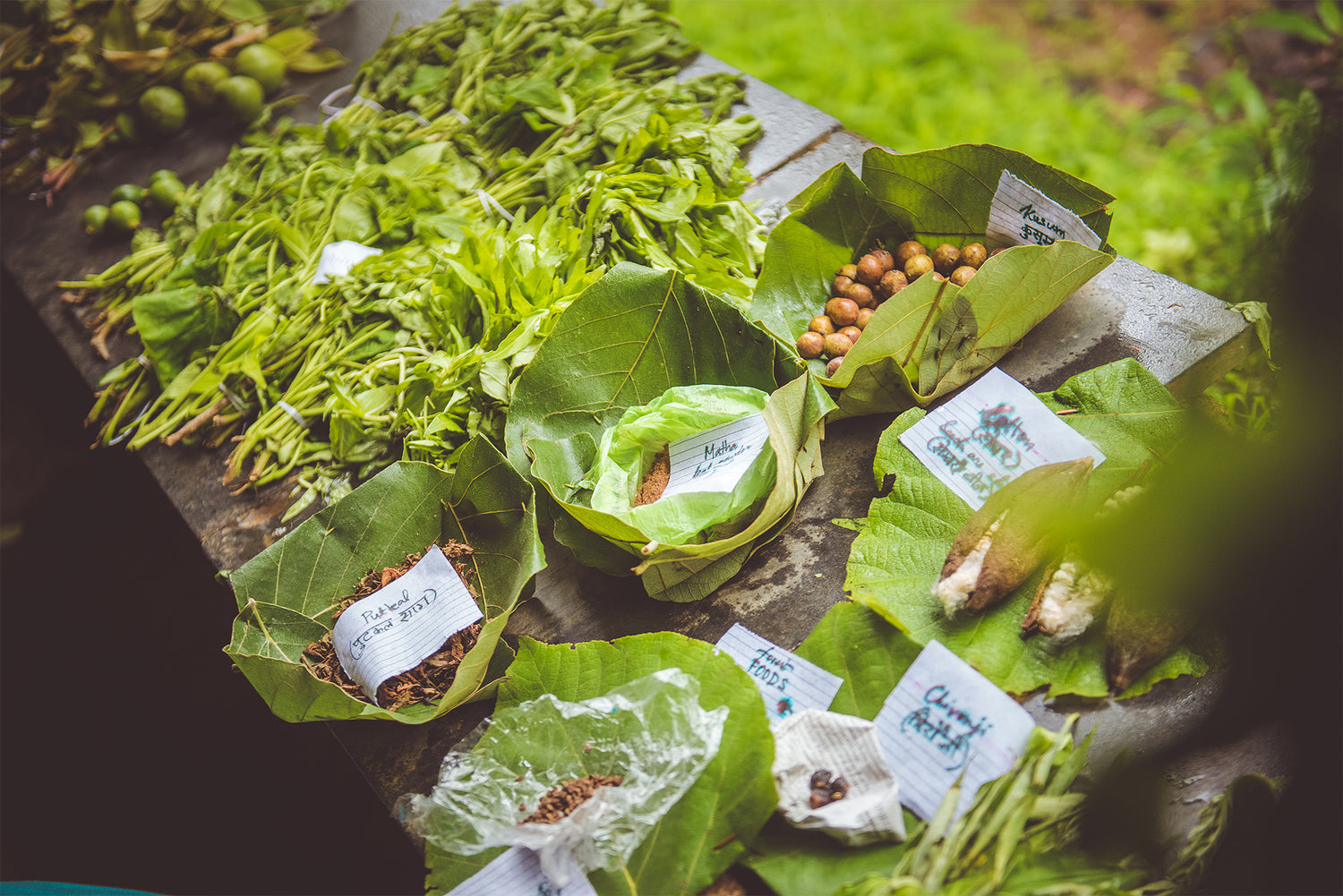
Varil Jabba / वरिल जब्बा / Hibuscus / Hibiscus rosa-sinensis
- Local Name: Varil Jabba / वरिल जब्बा
- Common Name: Hibuscus
- Botanical Name: Hibiscus rosa-sinensis
Status & Habitat
- Status: Abundant
- Habitat:
- Occurrence:
- Season of Availability:
- Geography: Tropics and subtropics; native to Vanuatu
- Method of Propagation: Vegetative propogation. Natural regeneration
- Part used for Propagation: Stem Cuttings
Edible Parts
- Edible Parts:
- Can be Eaten Raw:
Method of Consumption
- Raw: Yes
- Ripe: N/A
- Both Raw & Ripe: N/A
- Dangerous Form to Consume:
- As Food:
- As Medicine:
- Cooking Without Prior Boiling: Yes
- Boiling Before Cooking: Yes
- Pickling: N/A
- Brining: N/A
- Fermenting: N/A
- Drying for later Consumption: N/A
- Overall Method:
Nutritional & Medicinal Benefits
- Nutritional Benefit:
- Medicinal Benefit:
Tribal Wisdom
- Tribal Wisdom:
Recipes / Usage
- Tribal Recipe / Usage:


